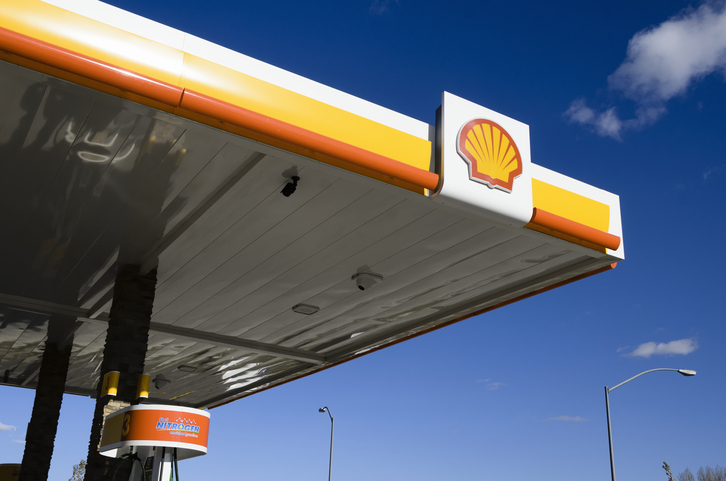ii view: Shell swallows costs in push to reset strategy
Shares for this oil major are down over 40% in 2020, but it still offers an income yield of over 3%.
21st December 2020 11:41
by Keith Bowman from interactive investor
Shares for this oil major are down over 40% in 2020, but it still offers an income yield of over 3%.

Fourth-quarter guidance and update
- Write-downs of between $3.5 to $4.5 billion
ii round-up:
Oil giant Royal Dutch Shell (LSE:RDSB) today announced more write-downs of asset values as it continued to move towards becoming a low-carbon energy producer and adjust for a weaker outlook.
Write-downs of between $3.5 to $4.5 billion, which includes a markdown of its Appomattox field in the US Gulf of Mexico, add to previous write-downs of over $16 billion taken earlier this year.
Against the backdrop of new UK tier four pandemic lockdowns, Shell shares fell by more than 5%. BP (LSE:BP.) shares also fell by more than 3% in early UK trading.
Both Shell and BP shares are down by over 40% in 2020 as the oil price has retreated by around a fifth year-to-date, given both lower demand under pandemic lockdowns and an early year failure to agree supply cuts between Saudi Arabia and Russia.
In the Autumn, Shell announced up to 9,000 job losses as it continued to transform towards becoming a low-carbon energy producer. A move accelerated by the coronavirus pandemic. BP previously announced 10,000 job losses on a similar basis.
Production for its upstream business during the fourth quarter is expected to be between 2.275 to 2.350 million barrels of oil equivalent per day. That's marginally higher than the previous quarter. Integrated gas production is also expected to be higher.
Oil product sales volumes are forecast to be between 4 million and 5 million barrels per day, similar to the prior quarter. Chemicals manufacturing plant utilisation is forecast to be between 77% and 81%, down from a previous 79% to 83%.
Following fourth-quarter results on 4 February, Shell is planning a strategy update on 11 February.
ii view:
Previously announced staff losses equate to around a tenth of its global workforce. Profit margins are lower in the power and renewable energy sectors, which are areas it is now looking to focus on as it pushes towards low-carbon fuels. As such, reducing organisational complexity and providing a more efficient and lower cost base is now vital as Shell looks to compete with both existing players and other oil majors, like BP, moving in a similar direction.
For investors, although asset value write-downs are not good news, they are necessary as the company resets its strategy. Similarly, despite the severe disappointment of the cut to its dividend payment announced earlier in the year, a rebased pay-out does allow the company to reset its strategy.
Formed in 1907, Shell’s long track record of dealing with volatile energy demand and prices is not to be ignored. And, despite its first dividend cut since the Second World War, an estimated dividend yield of over 3.5% is still attractive in today’s ultra-low interest rate environment. In all, Shell’s position as a core portfolio constituent, for now, still appears deserved.
Positives:
- Rebased but sustainable dividend payment
- Previous purchase of BG Group improved both its product diversity & climate change credentials
Negatives:
- Demand for oil & gas is now expected to be lower
- Competition in its new focused arena is increasing
The average rating of stock market analysts:
Buy
These articles are provided for information purposes only. Occasionally, an opinion about whether to buy or sell a specific investment may be provided by third parties. The content is not intended to be a personal recommendation to buy or sell any financial instrument or product, or to adopt any investment strategy as it is not provided based on an assessment of your investing knowledge and experience, your financial situation or your investment objectives. The value of your investments, and the income derived from them, may go down as well as up. You may not get back all the money that you invest. The investments referred to in this article may not be suitable for all investors, and if in doubt, an investor should seek advice from a qualified investment adviser.
Full performance can be found on the company or index summary page on the interactive investor website. Simply click on the company's or index name highlighted in the article.